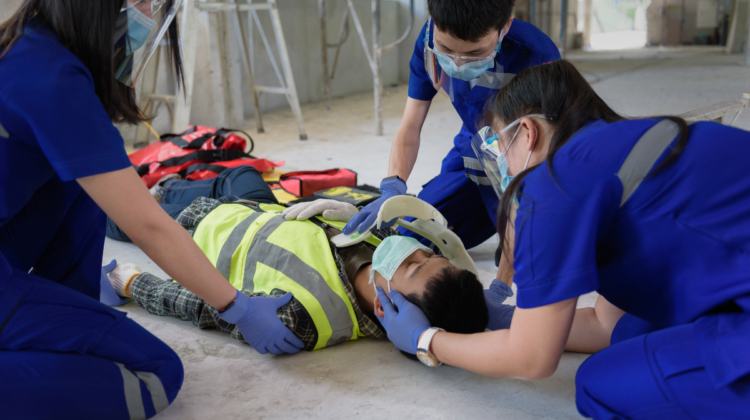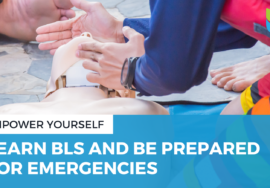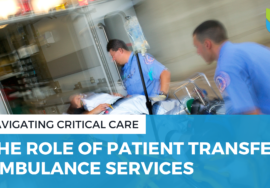
The Importance of BLS Training: Saving Lives in the UAE
Introduction: Basic Life Support (BLS) training is a fundamental skill that can make a life-or-death difference in emergency situations. In the United Arab Emirates (UAE), BLS training is not only important for healthcare professionals but also for the general public. In this blog post, we’ll explore the significance of BLS training and how it plays a crucial role in saving lives in the UAE.
- Immediate Response to Cardiac Arrest:
- Cardiac arrest can happen anywhere, and it requires immediate action. BLS training equips individuals with the knowledge and skills to perform CPR (Cardiopulmonary Resuscitation) effectively. This quick response can significantly increase a person’s chances of survival.
- Enhancing First Responder Abilities:
- BLS training provides individuals with the confidence and skills needed to become effective first responders. Whether it’s in a healthcare setting, at home, or in a public place, knowing how to initiate CPR and use an automated external defibrillator (AED) can be lifesaving.
- Reducing Response Time:
- In emergency situations, every second counts. BLS-trained individuals can start providing assistance while awaiting professional medical help. This reduces response time and can make a substantial difference in patient outcomes.
- Empowering the Community:
- BLS training is not limited to healthcare professionals. It’s accessible to anyone, including teachers, parents, caregivers, and workplace employees. By extending BLS knowledge to the community, the UAE becomes a safer place for everyone.
- Compliance with Regulations:
- In the UAE, there are regulations and standards that mandate BLS training for certain professions and industries. For healthcare practitioners, BLS certification is often a prerequisite for licensure. For workplaces, it may be a legal requirement to have trained staff on-site.
- Minimizing Harm in Emergencies:
- BLS training goes beyond CPR and AED use. It includes techniques for handling choking, managing bleeding, and stabilizing injured individuals. These skills are invaluable when accidents or medical emergencies occur.
- Confidence to Act:
- BLS training not only imparts the necessary skills but also instills confidence in individuals. Knowing what to do in an emergency can help people overcome fear and hesitation, allowing them to take prompt action.
- Preventing Brain Damage and Disability:
- During a cardiac arrest, the brain can start to suffer irreparable damage within minutes. BLS-trained individuals can sustain blood flow and oxygenation to vital organs, significantly reducing the risk of brain damage and long-term disabilities.
- Supporting a Chain of Survival:
- BLS training is an integral part of the “Chain of Survival,” which includes early recognition, early CPR, early defibrillation, and advanced medical care. BLS-trained individuals play a vital role in this chain, improving the chances of a positive outcome.
Conclusion: BLS training is not just a set of skills; it’s a lifeline that empowers individuals to make a difference when it matters most. In the UAE, where rapid urbanization and diverse communities thrive, having a population equipped with BLS knowledge is paramount. It’s a tool for safeguarding lives, promoting safety, and ensuring that everyone has a chance at survival in critical situations. Whether you’re a healthcare professional or a concerned citizen, BLS training is a valuable investment in your community’s well-being and safety.








